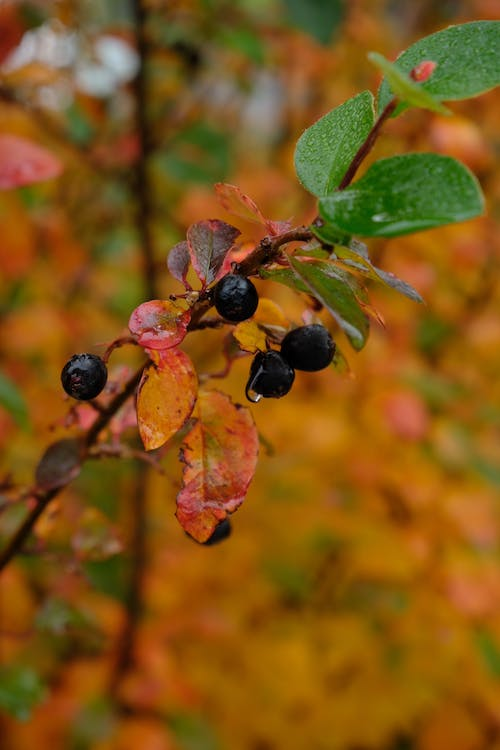Plant Spotlight: Aronia

Plant Spotlight: Aronia - Aronia melonocarpa Aronias or Chokeberries are one of the world's many super fruits. It's more potent nutrionally than blueberries and doesn't even require the low pH that blueberries need. They can tolerate a wide pH range, but ideally they range from 6-6.5. An journal from the National Library of Medicine said: "The fruits of Aronia melanocarpa (Aronia berries) have been found to show multiple bioactivities potentially beneficial to human health, including antidiabetic, anti-infective, antineoplastic, antiobesity, and antioxidant activities, as well as heart-, liver-, and neuroprotective effects. Thus far, phenolic compounds, such as anthocyanins, cyanidins, phenolic acids, proanthocyanidins, triterpenoids, and their analogues have been identified as the major active components of Aronia berries." They are native to many of Eastern states including Kentucky. Whi...
